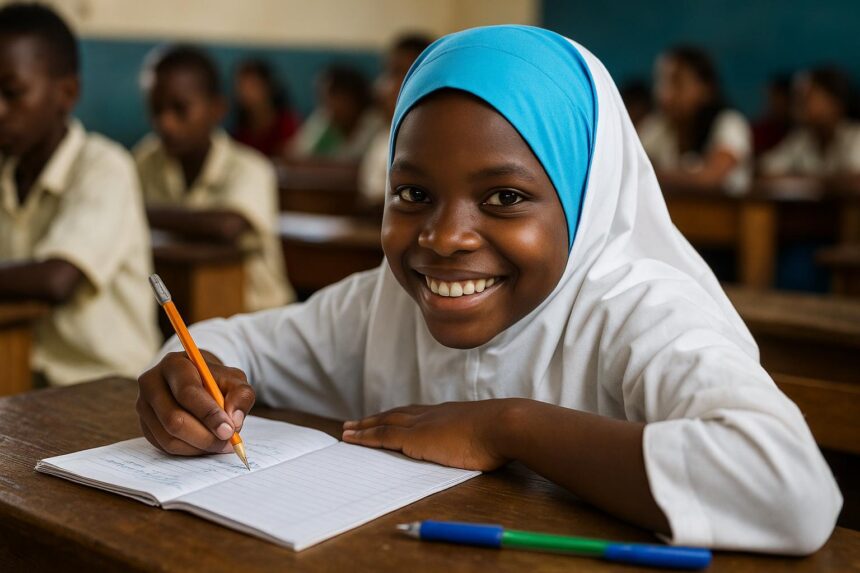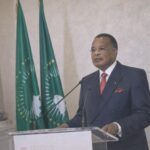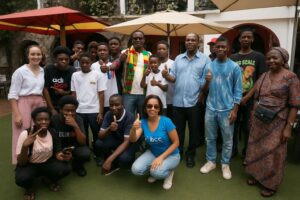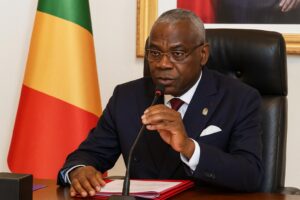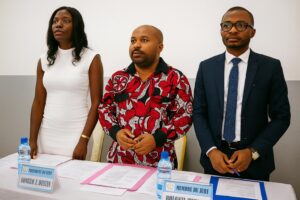Global Significance of International Literacy Day
Every 8 September, classrooms, ministries and community halls worldwide pause to mark International Literacy Day, a tradition launched by UNESCO in 1967. The commemoration draws attention to reading and writing as the bedrock of inclusive growth and peaceful cooperation.
This year’s theme, “Promoting Literacy in the Digital Era,” reflects the accelerating pace of technology that is rewriting not just algorithms but social contracts. Policymakers are invited to rethink how keyboards, broadband and affordable devices can extend learning far beyond the walls of traditional schools.
UNESCO data indicate that 763 million adults worldwide still lack basic literacy skills, two thirds of them women. Yet encouraging progress is visible: global literacy campaigns have raised overall youth literacy above 90 percent, and digital tools are narrowing the gap faster than analogue classrooms ever could.
Digital Momentum in Congo-Brazzaville
Across Congo-Brazzaville, the phrase “alphabetisation numérique” is gaining ground. The Ministry of Primary and Secondary Education reports that internet-enabled classrooms have risen from 12 in 2018 to more than 400 in 2023, most of them in peri-urban zones where mobile networks now reach pupils previously isolated.
Officials underline that the expansion is powered by the national digital strategy adopted in 2019, which prioritises fibre-optic coverage, teacher training and subsidised data packages for students. “Connectivity is no longer a luxury; it is the new chalk,” explains presidential advisor on education Pauline Yoka.
Development partners echo that optimism. The World Bank’s Lumina Project has delivered solar routers to 60 rural schools along the Congo River, while the African Development Bank co-finances coding clubs for girls in Brazzaville and Pointe-Noire. Teachers say lesson attendance spikes whenever interactive tablets replace photocopied worksheets.
National Forum and Awards Set for 8 September
Preparations for 8 September will culminate in a national forum at Brazzaville’s Palais des Congrès, featuring panel debates, book fairs and live demonstrations of offline e-libraries. Organisers expect 2 000 participants, including diplomats and representatives from UNESCO’s Regional Office, to share successful models suited to Central African realities.
A highlight will be the conferral of the National Literacy Excellence Awards launched by President Denis Sassou Nguesso in 2020 to encourage innovation. Previous laureates include a Brazzaville startup that transforms discarded plastic into low-cost Braille slates and a women’s cooperative teaching business maths through WhatsApp voice notes.
In the run-up, community radio stations are broadcasting micro-lessons on reading weather alerts, health advisories and mobile money menus. According to the state broadcaster Télé Congo, the vignettes reach an estimated 3 million listeners weekly, reinforcing literacy as both a right and a practical survival skill.
Remaining Barriers and Local Solutions
Despite momentum, officials concede obstacles. The National Institute of Statistics notes that adult literacy in Congo-Brazzaville stands at 79 percent, lower in remote Sangha and Likouala departments where river levels or forest tracks complicate school attendance. Gender gaps persist, especially among over-35s who left classrooms decades ago.
Digital divides also mirror energy shortages. The Congo Electricity Company estimates that only 40 percent of rural households enjoy reliable power, limiting home study after sunset. Solar kits distributed under the government’s “Light for All” programme have begun to ease the constraint, but maintenance remains a recurring concern.
Experts warn that content must be locally relevant. “Teaching algorithms in French is inadequate if learners use Téké or Lingala at home,” argues linguist Fidèle Makosso. A bilingual pilot funded by UNICEF now publishes e-books with audio narration in four national languages, sparking higher retention rates in pilot schools.
Voices from Classrooms and Experts
At Lycée Chaminade in Brazzaville, seventeen-year-old Christelle Bamba recounts how online tutorials helped her decode calculus symbols during last term’s lockdown. “We shared one tablet among four, but it opened our eyes,” she smiles, adding that she now tutors her mother to read mobile banking receipts.
Teacher Justin Okemba says the digital turn enhances pedagogy only if staff are trained. He spent three weeks at the National Pedagogic Center mastering open-source learning platforms. “With proper dashboards I can spot a struggling pupil before the dropout spiral begins,” he notes, crediting data analytics for vigilance.
UNESCO regional specialist Françoise Joly stresses that literacy goes beyond screens. “Digital tools are catalysts, yet the ultimate goal is critical thinking,” she told ACI. Her office collaborates with Congo’s government to align curricula with continental frameworks such as the African Union’s Agenda 2063.
Ambitious 2030 Vision
Looking to 2030, the Ministry aims to raise adult literacy to 95 percent, deploy one laptop per ten learners, and digitise all civic examination archives. While ambitious, these targets mirror the optimism flowing through classrooms energised by Wi-Fi and determination. International Literacy Day will mark another milestone on that journey.
Economic Ripples of Literacy
Economists foresee tangible dividends once literacy and connectivity intersect. A 2022 study by the University of Marien-Ngouabi calculated that a ten-point rise in adult literacy could lift Congo’s GDP by 1.5 percent through a more skilled workforce, higher female labour participation and smoother adoption of e-governance services.

